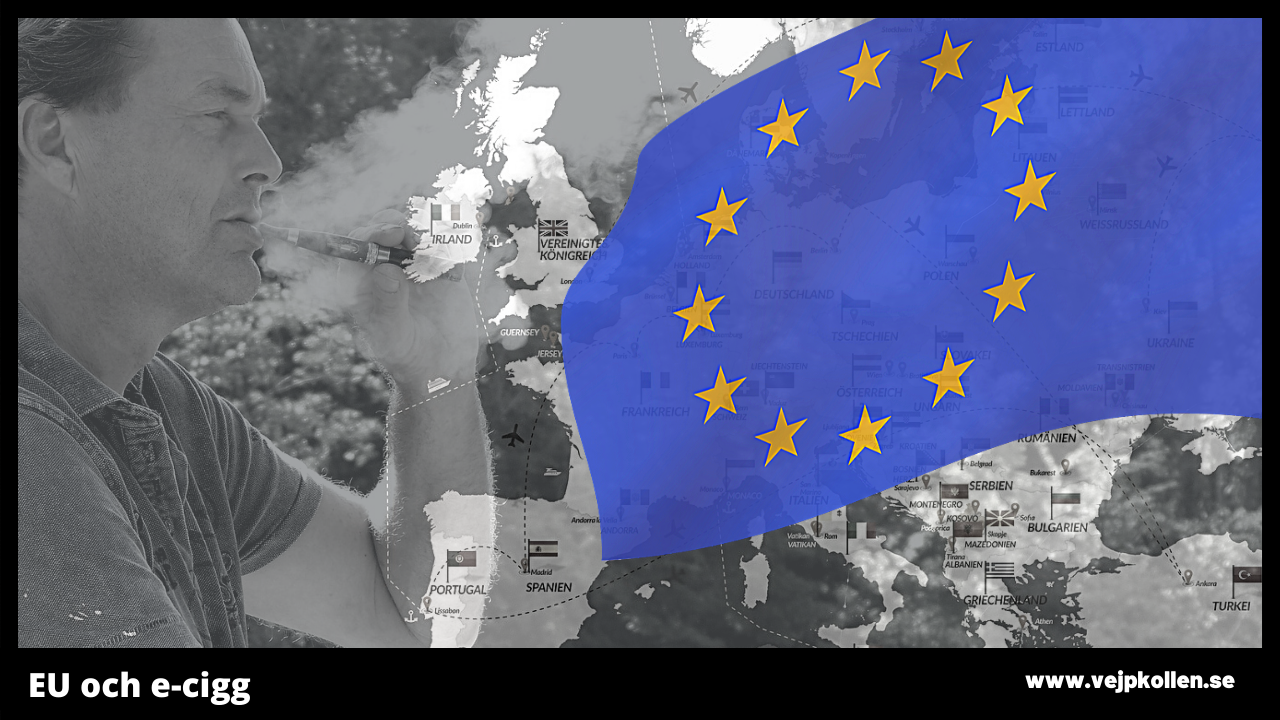Allt fler ledamöter i EU-parlamentet förstår skillnaden i risk mellan cigaretter och rökfria nikotinprodukter. Samtidigt är de överlag dåligt pålästa om produkterna. Det visar en undersökning från Tamarind Intelligence.
“Vi märker att ledamöter som är pålästa även i större utsträckning anser att e-cigg, nikotinpåsar och heat-not-burn är mindre skadliga än rökprodukter” säger vd Tim Andrews i BusinessWire.
För tredje året i rad har Tamarind Intelligence undersökt hur mycket EU-parlamentets ledamöter vet om nya nikotinprodukter och dess relativa risker jämfört med rökning.
Det övergripande resultatet för 2022 visar att 54 procent av de tillfrågade tror att bruket av nya nikotinprodukter, som e-cigaretter, nikotinpåsar och heat-not-burn, innebär mindre risker än rökning. Det är en ökning från tidigare år. Samtidigt har andelen som anser att rökfria nikotinkällor är mer eller lika skadliga som att röka minskat till 19 procent.
25 procent av ledamöterna anser att de inte vet något om riskerna.
“Det blir intressant att se hur parlamentets medlemmar ställer sig i de här frågorna. Inte minst då de behöver ta ställning i samband med att europeiska tobaksdirektivet, TPD, påbörjar en revidering senare i år” säger Tim Andrews, vd för Tamarind Intelligence till BusinessWire
Oro föder oro
När det gäller enskilda produkter så varierade svaren ganska mycket. Dålig kunskap om snus och nikotinpåsar leder oftare till att ledamötena var mer osäkra på riskerna. Samtidigt hade kringliggande faktorer påverkan på hur parlamentsledamöter upplever skaderisker.
“De som är oroliga för att spridningen av e-cigaretter leder till att fler icke-rökare börjar använda dem, eller att bruk av rökfria produkter leder till mer rökning i samhället, tror också i större utsträckning att produkterna i sig är mer eller lika skadliga som rökning” skriver rapportförfattarna.
Engångsvapes påverkar
Samtidigt misstänker författarna att den senaste tidens spridning av engångsecigaretter även fått parlamentsledamöter som vet mer om produktkategorian att tveka på skaderiskerna.
“11 procent av de som har god kunskap tvekar nu på långsiktiga hälsorisker, jämfört med 4 procent 2021” skriver rapportförfattarna.
Rapporten bygger på en enkätundersökning där 46 ledamöter, motsvarande 6 procent av EU-parlamentet, valde att svara på frågorna




